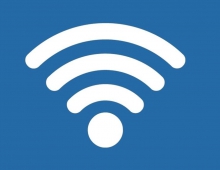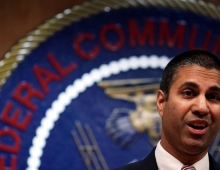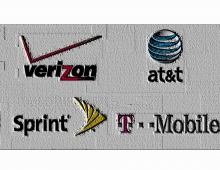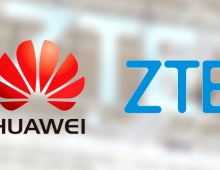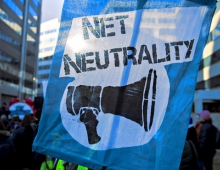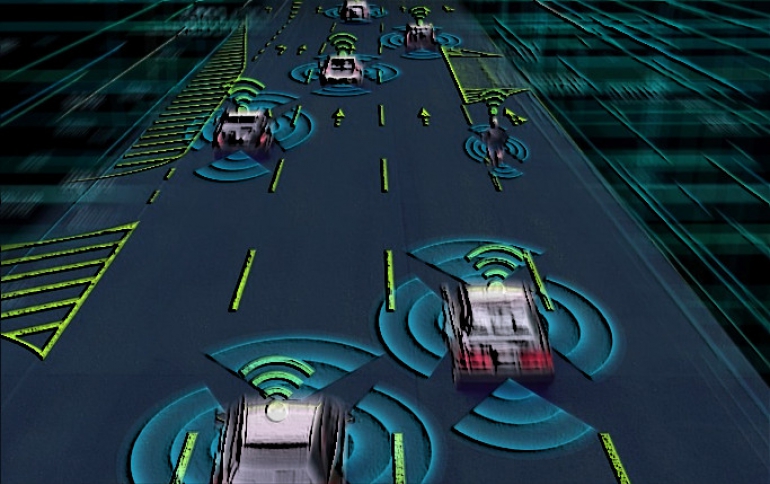
U.S. FCC Voted to Use Unused 5.9 GHz Spectrum Block For Wifi
The U.S. telecommunications regulator voted on Thursday to advance a plan to set a key spectrum block set aside for auto safety to accommodate wireless devices.
The Federal Communications Commission voted Thursday 5-0 to advance the plan to split a block of the 5.9 GHz spectrum band that was reserved in 1999 for automakers to develop technology to allow vehicles to talk to each other, but has so far gone largely unused.
The entire 75 megahertz of spectrum in the 5.9 GHz band has been reserved for use by Dedicated Short-Range Communications (DSRC), a radio service designed to enable vehicle-related communications. However, after 20 years, DSRC still has not been widely deployed, and this spectrum therefore generally remains unused.
The FCC proposes to designate the lower 45 megahertz of the band for unlicensed uses like Wi-Fi. This 45 megahertz sub-band can be combined with existing unlicensed spectrum to provide high-throughput broadband applications on channels up to 160 megahertz wide.
The commission is proposing to dedicate the remaining 30 megahertz of the band for use by transportation and vehicle safety-related communication services. Specifically, in the NPRM, the Commission proposes to revise its rules to provide Cellular Vehicle to Everything (C-V2X), an emerging standard for transportation applications, with exclusive access to the upper 20 megahertz of the band. Under the Commission’s current rules, no spectrum is allocated for C-V2X.
Some automakers and the U.S. Transportation Department oppose the proposal to shift a little more than half of the block to wi-fi use. Instead, they favor using the spectrum for developing technology to allow vehicles to exchange data about location, speed and direction.
Such technology is currently available on the General Motors Co Cadillac CTS model. Government studies have suggested the technology, if widely adopted among U.S. vehicles, could prevent at least 600,000 crashes annually.
U.S. Transportation Secretary Elaine Chao warned that the FCC decision could result in “thousands more deaths annually on road and millions more injuries than would be the case otherwise.”
Major cable and content companies have urged the FCC to open the spectrum band to Wi-Fi use.
Automakers including Ford Motor Co and Tesla Inc back the plan to shift most or all of the remaining auto safety spectrum away from DSRC to the newer C-V2X technology.



